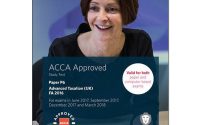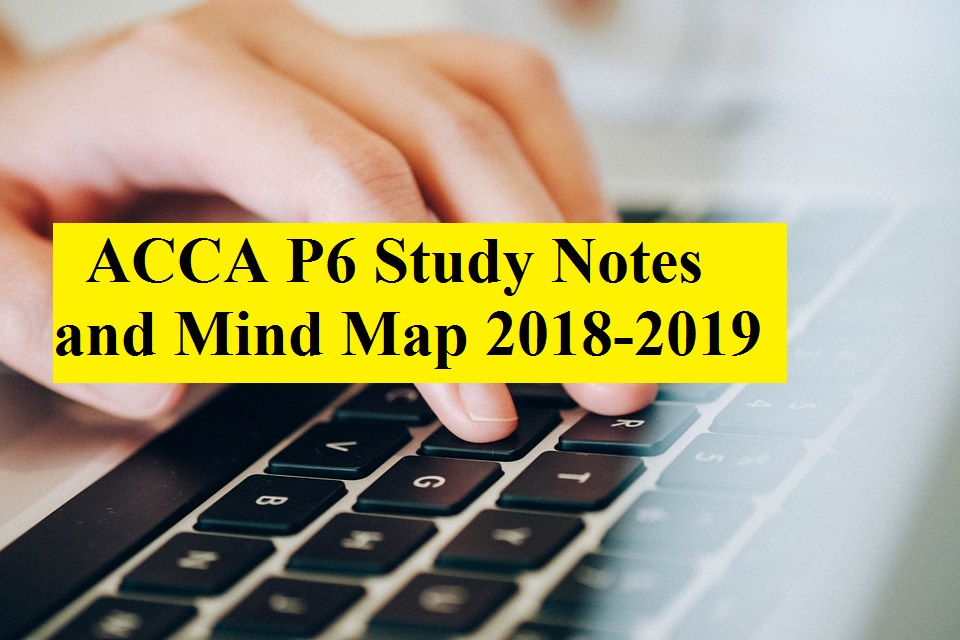ACCA Optional Level March 2019 Exam Tips
ACCA Optional Level March 2019 Exam Tips
Advanced Financial Management (AFM) March 2019 Exam Tips
From September 2018 every exam will have questions which have a focus on section B of the syllabus (advanced investment appraisal) and section E (treasury and advanced risk management techniques). These syllabus areas are therefore high priority areas for your revision.
For Q1, section A questions are often based on core syllabus areas such as project appraisal (domestic & overseas), business valuations and business/financial reorganizations. These areas often include the cost of capital calculations. Risk management may also feature in a number of different ways – value at risk, real options, hedging, risk mapping.
Q2-3, section B think risk management (currency or interest rate, dividend policy and general financing issues, and real options.
Advanced Performance Management (APM) March 2019 Exam Tips
From September 2018 Q1 focused on a range of issues from syllabus areas A (strategic planning & control), section C (performance measurement systems & design), and section D (strategic performance measurement).
In recent exams, Q1 has often required linking a business’s mission to its performance objectives using the concept of CSFs and KPIs. You may well have to critique and recommend improvements to performance reports and the balanced scorecard could well be tested in this concept.
The assessment of performance is also likely to to be tested and this could easily include benchmarking as a theme.
Financial performance measures (ROCE/RI/EVA) are also likely to be commonly examined in Q1 but don’t neglect non-financial issues from syllabus section D, such as quality management and reward systems.
From September 2018 one of the section B questions will come from syllabus section E.
In section B commonly tested areas include:
- Quality management.
- Information reporting (eg big data, lean information).
- The application of strategic models (such as PEST, Porter’s 5 Forces, the value chain).
- HR framework (eg reward & appraisal systems).
- Risk management.
- Environmental management accounting.
Advanced Taxation UK (ATX) March 2019 Exam Tips
The exam will comprise of 2 compulsory questions in section A. One of these Qs will focus on personal tax issues and the other will focus on corporate tax issues. In Q1 there will be 4 professional skills marks and in section A there will be 5 marks on ethics.
Topics expected to see are:
- Groups of companies involving overseas aspects and losses.
- Unincorporated business particularly loss relief or involving a partnership or basis period rules.
- CGT v IHT, including the availability of reliefs.
- Overseas aspects of income tax, G=CGT, IHT or corporation tax.
- Personal service company.
- Share schemes.
- Company purchase of own shares or liquidations.
- Enterprise investment schemes/Seed EIS/venture capital trusts.
- Takeovers.
- VAT – partial exemption or land and buildings or transfer of a going concern or overseas transactions.
- Transfer of trade v sale of a subsidiary.
- Disincorporation relief.
- Pension contributions.
- Patent box, research, and development expenditure.
Advanced Audit & Assurance (AAA) March 2019 Exam Tips
By now you should have a better idea of what is expected – the most recent AAA exams have contained no real surprises, although you should take a look at the presentation of the embedded email and the supporting exhibits in the case study (look at the specimen exam and past papers).
Section A will comprise of a case study set at the planning stage of the audit. Candidates will be required to address a range of requirements from syllabus sections A, B, C, and D. You will be tackling a real-world situation where you may have to address a range of issues simultaneously in relation to planning, risk assessment, evidence gathering, and ethical and professional considerations.
Four professional marks are available in section A – think structure, layout, and clarity.
In section B one question will always predominantly come from syllabus section E, so be prepared to answer a question on completion, review, and reporting. There are a number of formats this question can adopt, including the assessment of a going concern, the impact of subsequent events, evaluation identified misstatements and any corresponding effect on the auditor’s report. Candidates may also be asked to critique an auditor’s report or a report which is provided to management or those charged with governance.
The other section B question can be drawn from any other syllabus area. Just so you know syllabus section G on current issues is unlikely to form the basis of any question on its own.
Make sure you read the 5 technical articles on exam technique, which cover ethics, risk and accounting issues.
Information Source: PQMag







